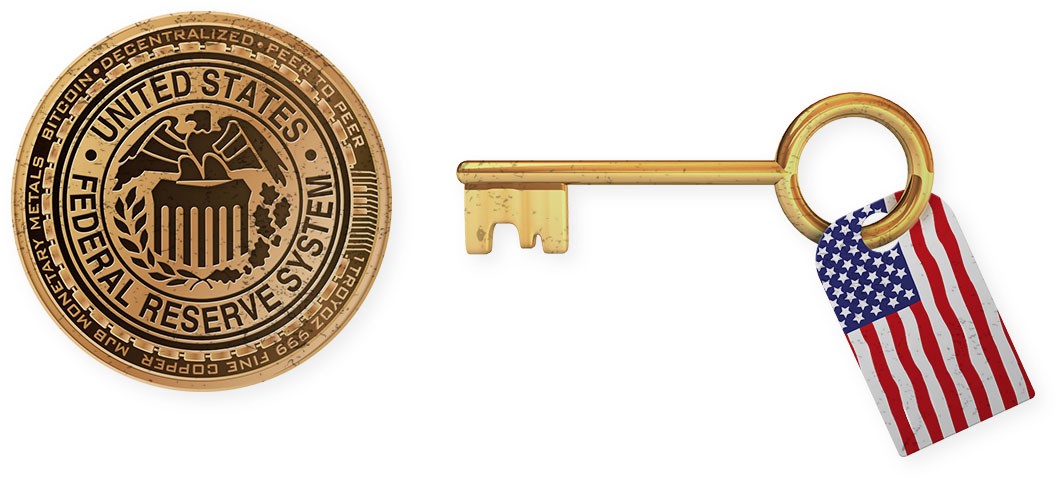PALO ALTO, Calif. (Reuters) - The Federal Reserve is looking at a broad variety of concerns around digital payments and currencies, including policy, style and legal factors to consider around possibly providing its own digital currency, fedcoin 2020 Guv Lael Brainard said on Wednesday. Brainard's remarks suggest more openness to the possibility of a Fed-issued digital coin than in the past." By transforming payments, digitalization has the prospective to deliver greater digital fed coin value and convenience at lower cost," Brainard said at a conference on payments at the Stanford Graduate School of Service.

Reserve banks internationally are debating how to manage digital financing technology and the dispersed journal systems utilized by bitcoin, which guarantees near-instantaneous payment at possibly low cost. The Fed is developing its own day-and-night real-time payments and settlement service and is presently reviewing 200 remark letters submitted late last year about the suggested service's style and scope, Brainard stated.
Less than 2 years ago Brainard informed a conference in San Francisco that there is "no engaging demonstrated requirement" for such a coin. But that was before the scope of Facebook's digital currency ambitions were extensively known. Fed officials, consisting of Brainard, have raised issues about customer defenses and data and personal privacy threats that might be posed by a currency that might enter into usage by the third of the world's population that have Facebook accounts.
" We are teaming up with other central banks as we advance our understanding of main bank digital currencies," she said. With more nations checking out providing their own digital currencies, Brainard stated, that contributes to "a set of reasons to likewise be ensuring that we are that frontier of both research study and policy advancement." In the United States, Brainard said, problems that need study consist of whether a digital currency would make the payments system more secure or simpler, and whether it might pose monetary stability dangers, including the possibility of bank runs if cash can be turned "with a single swipe" into the central bank's digital currency.
To counter the monetary damage from America's unprecedented nationwide lockdown, the Federal Reserve has taken extraordinary steps, consisting of flooding the economy with dollars and investing directly in the economy. Most of these relocations received grudging acceptance even from lots of Fed skeptics, as they saw this stimulus as required and something just the Fed could do.
My brand-new CEI report, "Government-Run Payment Systems Are Hazardous at Any Speed: The Case Against Fedcoin and FedNow," details the threats of the Fed's current plans for its FedNow real-time payment system, and propositions for central bank-issued cryptocurrency that have been dubbed Fedcoin or the "digital dollar." In my report, I go over issues about personal privacy, data security, currency adjustment, and crowding out private-sector competitors and development.
Advocates of FedNow and Fedcoin state the government should create a system for payments to deposit quickly, rather than motivate such systems in the economic sector by raising regulative barriers. However as kept in mind in the paper, the personal sector is supplying an apparently unlimited supply of payment technologies and digital currencies to resolve the problemto the level it is a problemof the time space in between when a payment is sent out and when it is gotten in a savings account.
And the examples of private-sector innovation in this location are numerous. The Clearing House, a bank-held cooperative that has been routing interbank payments in various forms for more than 150 years, has been clearing real-time payments because 2017. By the end of 2018 it was covering half of the deposit base in the U.S.